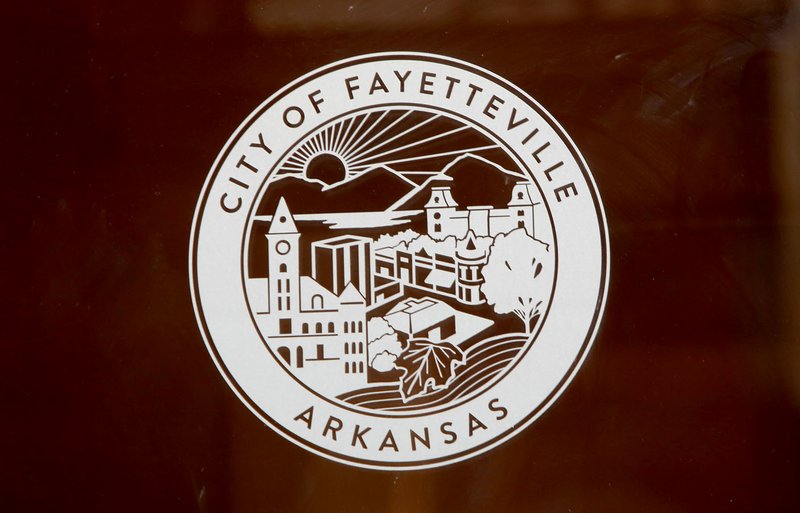FAYETTEVILLE -- The City Council on Tuesday affirmed the city prosecutor's discretion to dismiss most misdemeanor marijuana cases.
The move came amid a report from the nonprofit group Arkansas Justice Collective scrutinizing the city's practices regarding marijuana enforcement and prosecution.
Council action
Fayetteville’s City Council met Tuesday and approved:
• Rezoning about 30 acres on the west side of South Broyles Avenue near the Farmington to allow a teaching farm recreating 1840s life.
• Announced Chung Tan as business development manager. The council approved the new position with the city’s Economic Vitality department as part of the budget for this year. The job involves helping prospective retailers, restaurants and mixed-use developments find places to set up shop in the city. Her salary will be $88,004.
Source: Staff report
Voters in 2008 passed a ballot measure making misdemeanor marijuana offenses the lowest priority. The report compared the arrests or citations in 2008 to those in 2018.
The report says 142 of the 541 arrests or citations given for misdemeanor marijuana offenses were of black people, which comprise 26% of the total. Of those, 73 were arrested or cited for possession only, equating to 51%, according to the report. By comparison, 103 of the 356 white people caught under a misdemeanor marijuana offense were for possession only, amounting to 29%.
Monique Jones, president of the Northwest Arkansas branch of the NAACP, said the ordinance will make an impact on the community. Someone's life can change forever with a simple decision, she said.
She told a story of her son who faced a minor offense when he was young but now has a career and a different life trajectory. Jones was able to stand before a judge and defend her son, she said.
"I cry for the parents who don't show up for their children, who don't show up in court, who don't show up to the judges to contest when they think something was not really right and fair that could impact the future of their children," Jones said.
Jon Comstock, former Benton County Circuit Court judge, suggested the city adopt a program diverting offenders from a court appearance.
Council Member Matthew Petty said he was interested in studying a diversion program and wanted the city to explore other policies and procedures. The city leaders shouldn't become defensive about the numbers, but rather have an honest conversation about personal biases of which they may not be aware, he said.
"This just might be putting our eyes in the wrong place more of the time and not realizing it," Petty said.
Mayor Lioneld Jordan apologized to anyone in the city who felt marginalized or discriminated against. He said he's asked for more refined reporting statistics from the Police Department. He also recognized the burden police officers face every day while on duty.
However, the responsibility of ensuring the city's police treat residents with equity is on him, Jordan said.
"I can't always fix the past," he said. "But I can guarantee you that I can commit to ensure that this city doesn't ever sponsor systems that support any type of inequality."
In other business, the council approved regulation of electric scooter ride-sharing programs in the city. A state law to take effect July 24 allows vendors of the motorized mobility devices to operate in the public right of way. The scooters are battery-powered and have two wheels, with a T-shaped handlebar and floorboard. Riders pay to unlock them through a mobile app.
A limit of 500 scooters will be in place for the first six months. After that, Jordan will be able to issue permits for more or fewer based on ridership, which the vendors will have to track. The council rejected proposed changes from Council Member Teresa Turk to limit the program to 250 scooters and require riders to wear helmets.
The council also gave planning staff the green light to explore possible regulation of short-term rentals, such as Airbnb. The process will involve convening interested hosts, neighbors and groups that have a stake in such regulation, said Garner Stoll, Development Services director.
Staff will put together policy goals and make a recommendation to the City Council, which could take about a year, he said. Leasing property for fewer than seven days is in most cases against city code, although the city has an agreement with Airbnb to collect and remit the city's 2% hotel, motel and restaurant sales tax.
NW News on 07/17/2019

